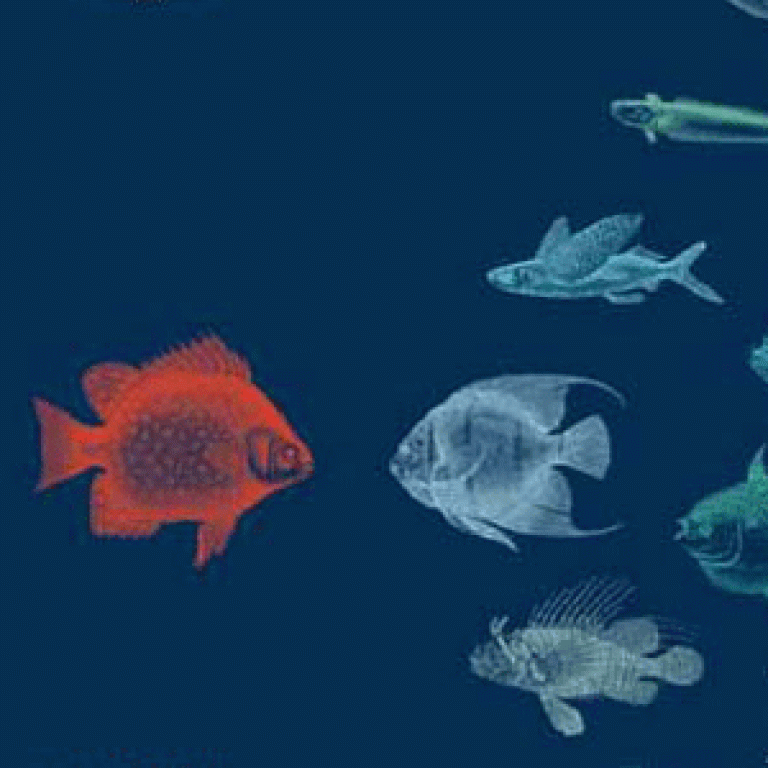UCL at Cheltenham Science Festival 2009
22 May 2009
Link:
 com/science/" target="_self">The Times Cheltenham Science Festival
com/science/" target="_self">The Times Cheltenham Science Festival
UCL's presence at the Times Cheltenham Science Festival gets stronger every year, and this year's line-up of activities involving UCL staff promises to be thrilling and thought-provoking.
Held on 3-7 June 2009, this celebration of science has a reputation as the biggest and best science festival in the world.
Dr Mark Lythgoe (UCL Centre for Advanced Biomedical Imaging) is entering his third year as festival Co-director, along with Professor Kathy Sykes (Bristol University). They have devised a theme of 'heresy', inspired by the 200th anniversary of the birth of Charles Darwin, who caused outrage among religious factions for the publication of his 'On the Origin of Species'.
UCL's Maggie Aderin (UCL Physics & Astronomy) is involved in a variety of events, discussing her favourite nonconformist in 'Hero or heretic?' and how particle physics can help us answer the big scientific questions about our universe and its origins in the 'Big Bang Theory and Beyond'. For the International Year of Astronomy, TV show Blue Peter is launching 'Blue Peter 1', its very own satellite into space. Maggie and Blue Peter presenter Andy Akinwolere will follow its journey so far.
Professor Mark Maslin (Director of the UCL Environmental Institute) will discuss Cape Farewell, a project that sets out to pioneer the cultural response to climate change by bringing together leading artists and scientists for expeditions into the High Arctic. He will also be discussing how we can solve the climate change conundrum with Science Minister Lord Drayson and Professor Bob Lowe (UCL Bartlett), an expert in low energy buildings science.
Dr Andrea Sella (UCL Chemistry), renowned for his explosive chemistry demonstrations, will be exploring: the science of curry, nature's palette of patterns, the most beautiful and reviled of elements, mercury, and beer. To top it all off, he will be daring Famelab 2007 finalist Steve Mould to an 'over ambitious demo challenge', which is sure to be spectacular, bizarre and terrifying!
Journalist, UCL alumna and member of UCL Council Vivienne Perry will be assessing the current pandemic threat. Professor Pete Coffey (UCL Institute of Ophthalmology and Director of the London Project to Cure Blindness) explores the future for stem cells, microbiologist Professor Mike Wilson (UCL Eastman Dental Institute) challenges our perception of bacteria in 'Good Bugs, Bad Bugs' and Professor Mark Tewdwr Jones (UCL Bartlett) values our land and how we use it.
Astrobiologist Dr Lewis Dartnell (UCL Physics & Astronomy) will be looking at alien evolution, posing questions such as, how might humans evolve if we colonise other planets? And how might Darwin's natural selection have panned out on other worlds? Professor Geraint Rees (UCL Institute for Neuroscience) will consider whether brain scans that can reveal lies or intentions will ever be allowed in court and how genetic knowledge will influence our medical treatment.
The UCL Graduate School has awarded ten bursaries, each worth £550, for UCL taught and research graduate students to attend the festival.
The UCL Grant Museum of Zoology will be manning a stand in the Discover Zone - an interactive exhibition that aims to encourage visitors to learn about science, engineering and technology. The team will be offering a range of exciting hands-on activities with interesting zoological specimens, such as identifying fossilised human skulls, determining the origins of animal poo, and a unique opportunity to build a real gorilla skeleton.
To find out more, use the link at the top of this article.
 Close
Close

